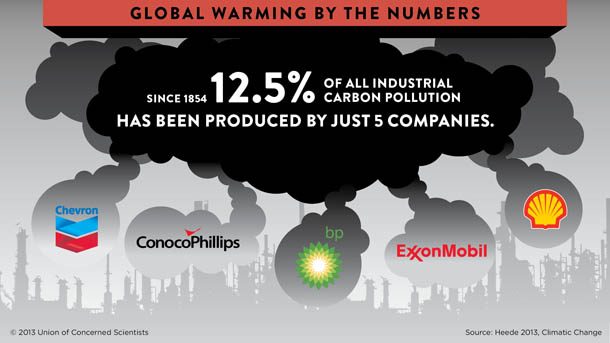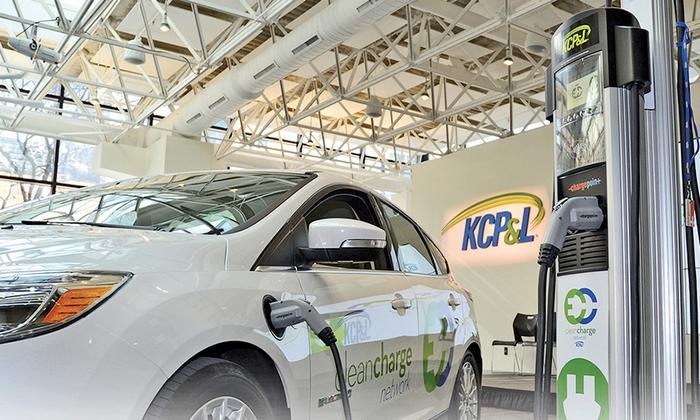The first line of the following article pretty much says it all and is the reason that there is reason to be hopeful that the US Congress will finally do something about passing legislation that will provide the regulations and incentives necessary to avoid the worse effects of climate change:
Businesses and industry are starting to pay a lot more attention to the threat posed by climate change, because it’s starting to hurt their bottom lines.
Once business leaders tell their legislators, who’s elections they financed, that it’s time for action, it will happen. It’s unfortunately, too simple: FOLLOW THE MONEY.
It’s finally dawning on business and industry leaders how much more it will cost to NOT do anything. So forget all the moral reasons to act, it will boil down to profits. And now, all over the world, it’s finally dawning on business leaders what confronts them… and not only the cost of inaction but the economic opportunity in developing solutions.
Yesterday morning, on Face the Nation, Bill Daley, former White House Chief of Staff, said that President Obama recently told him that after JOBS, Climate Change was the second priority on his agenda of issues to address. We’ll see how that plays out in action. Maybe we’ll hear something about that tomorrow night in his State of the Union Address…
Companies start to pay more attention to climate change
Published: Monday, January 27, 2014
Businesses and industry are starting to pay a lot more attention to the threat posed by climate change, because it’s starting to hurt their bottom lines.
For example, Coca-Cola has faced serious droughts over the last decade, which have hurt its ability to get water for its beverages. Climate-related problems have also damaged its supply chains for sugar cane, sugar beet and citrus.
“Increased droughts, more unpredictable variability, 100-year floods every two years,” said Jeffrey Seabright, Coke’s vice president for environment and water resources. “When we look at our most essential ingredients, we see those events as threats.”
Signs of this trend are visible in many places. Corporate honchos attending the World Economic Forum in Davos, Switzerland, spent all of Friday on panels and lectures on climate change. The American Economic Association chose William Nordhaus as its new president; he is a leader in researching the economic effects of climate change and how to stop them.
The World Bank‘s president, Jim Yong Kim, has zeroed in on climate change as the major factor leading to higher global poverty rates in some developing nations.
Even some conservative economists now support a carbon price or tax. “There’s no question that if we get substantial changes in atmospheric temperatures, as all the evidence suggests, that it’s going to contribute to sea-level rise,” economist Douglas Holtz-Eakin said. “There will be agriculture and economic effects — it’s inescapable” (Coral Davenport, New York Times, Jan. 24). — DL



